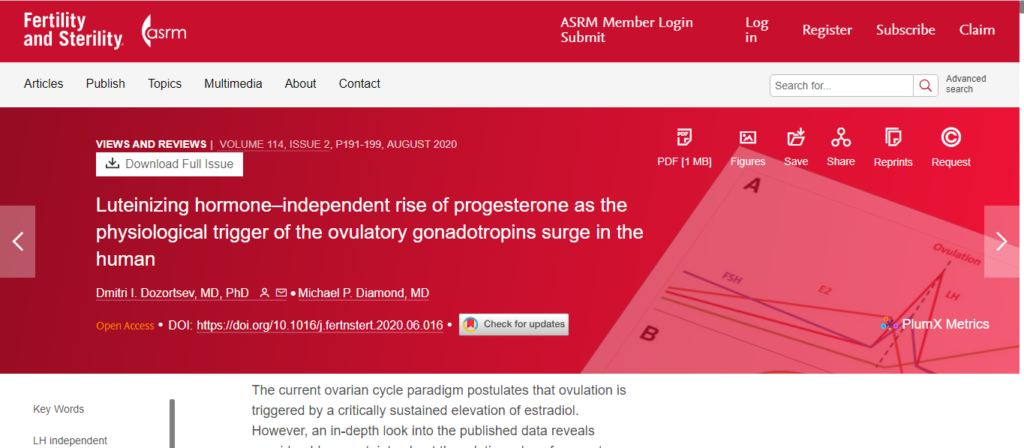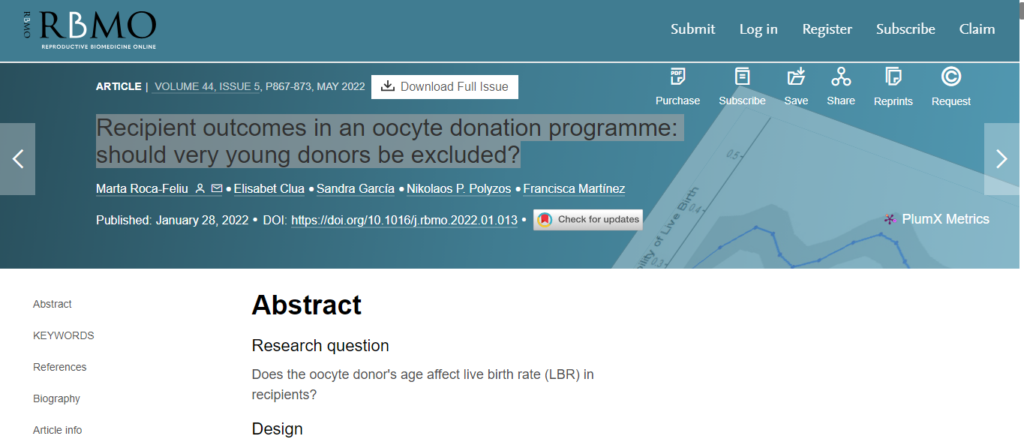What are Reproductive Surgeries?
Laparoscopy
Laparoscopy is a minimally-invasive surgical technique that often plays an important role in the diagnosis and/or treatment of infertility. In laparoscopy, a small incision is made in the umbilicus (navel or belly button) and the laparoscope (a long narrow instrument with a lens at one end) is inserted, allowing the physician to evaluate the reproductive organs (uterus, fallopian tubes, and ovaries). Examples of fertility problems that can be corrected with laparoscopy include removal of adhesions (scar tissue) from around the fallopian tubes and ovaries, opening of blocked tubes, removal ovarian cysts, and treatment of endometriosis. In certain situations, uterine fibroids can also be removed laparoscopically.
Hysteroscopy
Hysteroscopy is another minimally-invasive surgical technique, which is often useful in the diagnosis and treatment of infertility. It does not involve an incision, as the hysteroscope (a similar long narrow instrument with a lens at one end) is inserted directly into the uterus via the vagina and cervix. Safe and effective treatment of the following conditions can be performed through the hysteroscope: fibroids, polyps, and intra-uterine septum or intra-uterine scar tissue (aka Asherman’s syndrome).
Tubal Reversals
Women who have undergone tubal ligation may desire tubal reversal surgery to return their fertility.
Tubal Reversal Surgery
The tubal reversal surgery is performed under general anesthesia. A hysteroscopy (placing a small camera through the cervix into the uterus) is often performed at the same time to evaluate the uterine cavity. The patient can usually go home that day or the next day.
During the hysteroscopy, we clear any pathology in the uterus, such as polyps or fibroids that impair the pregnancy success.
After the hysteroscopy, we perform a mini laparotomy (an incision in the abdominal wall) to carefully examine and evaluate the fallopian tubes for successful reversal. The damaged portion of the tubes is removed and tubes are carefully reattached using microsurgical techniques helped by a magnified image with a microscope. Very small sutures are used to bring the ends of the tubes together, utilizing microsurgical techniques to prevent scar tissue that may impede the future function of the tubes. A dye is placed through the tubes to ensure that the tubes are unobstructed.
What are the risks and success of tubal reversal?
• Age is one of the major factors of a successful pregnancy, and if you are debating when to have the procedure, the younger an individual is, the better. We prefer to do tubal reversal in women aged less than 43 years.
• The longer (10 or more years) time has elapsed from the date of tubal ligation, the lower the success of reversal.
• Pregnancy rates tend to be highest in women who had a fallopian ring used in their tubal ligation compared to tubal cautery, which can sometimes damage a large segment of the tube.
• The length of the tube in the end of the procedure should be about 4 centimeters or longer for good function.
• The success rate for reversal is about 50-80%.
• The risk of ectopic pregnancy is about 5% (in ectopic pregnancy an embryo implants somewhere other than the uterus, such as in a fallopian tube).
Uterine Fibroids Leiomyomas
Surgery for fibroids is undertaken to resolve symptoms such as continuous or irregular bleeding, pelvic pain, or fibroids that are submucosal can and lead to infertility or recurrent miscarriages. Surgery is typically performed with a laparotomy in which a small incision is made around the bikini line and individual fibroids are excised. Every effort is made to remove all the palpable fibroids, but we may not detect small fibroids that are deep in the muscle of the uterus. Laparotomy will require 1-2 days of hospital stay, and most patients can return to work after 1-2 weeks.
Minimally invasive laparoscopy can be utilized to remove fibroids that are easy accessed and do not require extensive repair of the endometrial cavity.
Fibroids, Polyps Cyst or Mass
Ovarian Cyst or Mass
Uterine Polyps
Surgery for uterine polyps is usually performed with the aid of a hysteroscopy. This procedure is performed with the aid of intravenous sedation while a small camera is inserted through the vagina into the cervical canal so the polyps can be visualized and excised. Most patients have a quick recovery and can resume their normal activities the next day.
Ovarian cysts are fluid-filled sacs or pockets within or on the surface of an ovary. The cysts can contain simple clear fluid, or blood as in a hemorrhagic cyst, or old blood as in an endometrioma.
Many women have ovarian cysts at some time during their lives. Most ovarian cysts present little or no discomfort and are harmless. The majority of ovarian cysts disappear without treatment within a few months.
A large ovarian cyst can cause abdominal discomfort. If a large cyst presses on your bladder, you may feel the need to urinate more frequently because bladder capacity is reduced.
Symptoms of ovarian cysts, if present, may include:
· Menstrual irregularities
· Pelvic pain: a constant or intermittent dull ache that may radiate to your lower back and thighs
· Pelvic pain shortly before your period begins or just before it ends
· Pelvic pain during intercourse (dyspareunia)
· Pain during bowel movements or pressure on your bowels
· Nausea, vomiting, or breast tenderness similar to that experienced during pregnancy
· Fullness or heaviness in your abdomen
· Pressure on your rectum or bladder that causes a need to urinate more frequently or difficulty emptying your bladder completely.
Treatment of ovarian cysts:
If ovarian cysts do not resolve, surgical therapy with the aid of a laparoscopy can help. This is an outpatient procedure that may take 1-2 hours, whereby the cyst wall is opened and the capsule of the cyst is excised.
The physicians at Advanced Fertility Center of Texas have extensive experience and expertise in minimally invasive surgical procedures. With a focus on optimizing fertility, they provide specialized care to all patients who can benefit from reproductive surgery. Schedule an appointment today by calling us at 713-467-4488.
NEED A SECOND
OPINION?
Second Opinion* regarding your
treatment, no matter how complex
your case may be.
PATIENT CARE
COORDINATOR
Facing infertility and undergoing treatments to start your family is stressful enough without feeling confused throughout the
whole process.
SCHEDULE
AN APPOINTMENT
Call Advanced Fertility Center of Texas at 713-467-4488 Ext. 1 to schedule your appointment with one of the leading fertility specialists in Texas.



